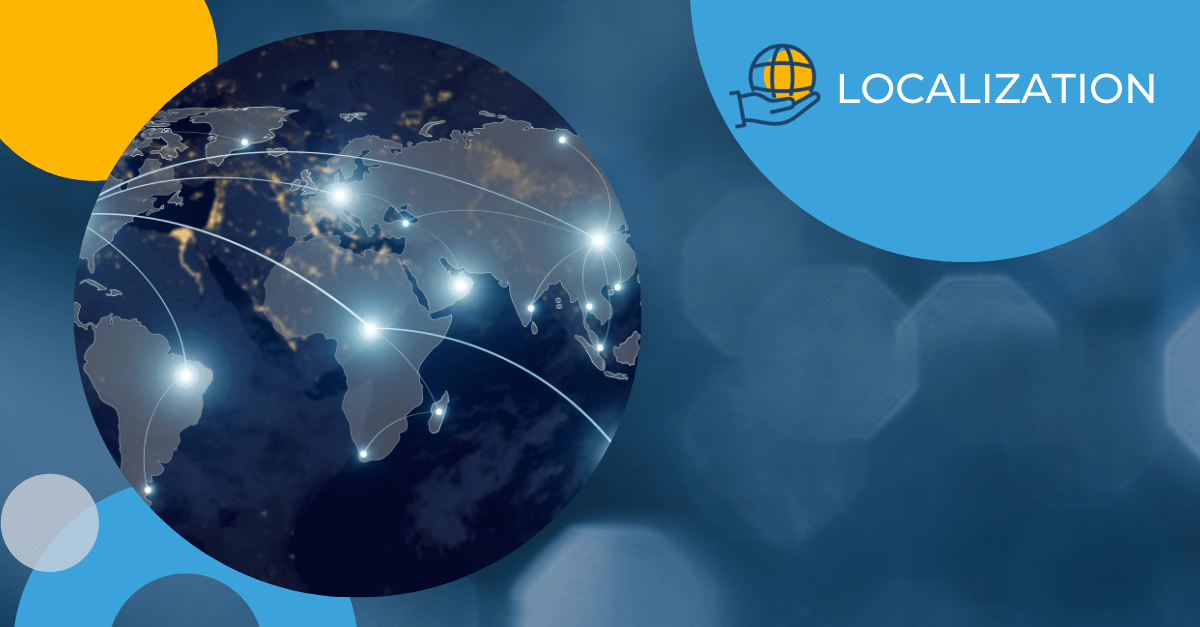Tag: Localization Services
Top 25 Thriving and Dying Global Industries

24/7 Wall Street, a leading global business and finance publication, recently produced a list of the top 25 thriving and dying global industries. Translation and localization services ranked second on the list of thriving industries. While certainly a welcome sign for us, it also highlights a critical movement happening in business – global is no longer a choice but a key prerequisite for businesses to sustainable success.
Why is global reach absolutely necessary? Firstly, because global reach means your business no longer relies on one specific market for its revenue. That means that financial instability in one market may hurt your bottom line, but it will not sink your enterprise. Secondly, growth is exponentially easier when you can consistently identify new locations to sell your product or service. Since you’ve already invested significant time and energy into developing a new product, the cost of marketing and selling it to new markets is quite small in comparison. The ROI is demonstrably higher than attempting to create new products or services for markets you’re already established in. High-quality translation and localization services offer a cost-effective mechanism for bringing your innovations to new audiences and helping you capitalize on new markets.
The second question is how you should go about making your global aspirations a reality. Global reach is more achievable than ever before because of two key factors. Firstly, technology makes borders less relevant and gives products unique global scalability. Secondly, professional translation services and localization services enable businesses to optimize their existing materials to ease entry into new markets at an extremely competitive cost.
Global reach is both possible and achievable at a reasonable cost and offers significant ROI. The only question that remains is whether 2016 is the year your business takes the plunge.
Get the latest insights delivered to your inbox
Importance of Localization

We came across this interesting infographic at Wired Magazine the other day, highlighting a number of websites throughout the world that have a bigger local foothold than their globally popular American equivalents:
http://www.wired.com/magazine/2012/02/st_internetoutliers/
Take Rakuten’s dominance in Japan for example. Amazon has successfully expanded on a global level, but Rakuten, by offering services, products, and a format specific to Japan, has been able to successfully capture a third of a $30 billion market.1
This underscores the importance of the localization aspect of translation services in expanding your business beyond the borders of your home country. Simply translating the words of your website or white papers into a foreign language is not sufficient in building your brand abroad. You must ensure that the translator is a native of the target country, so as to be knowledgeable about local cultural idiosyncrasies and be capable of expressing your meticulously worded documents in a way that speaks to the local population. For example, if your document included the idiom “I have other fish to fry”, a Francophone might be confused to read the direct translation of “j’ai d’autres poissons à faire frire”; the French equivalent is “j’ai d’autres chats à fouetter”, or “I have other cats to whip” (it would appear between the English “there is more than one way to skin a cat” and this one, felines can’t catch a break when it comes to idioms!)
Localization is an essential component in ensuring that your translation has the maximum effect in the target market. At Morningside, translators for projects involving localization are selected not only on the basis of their expertise in the appropriate field, but also their mother tongue and local knowledge. After all, you wouldn’t want to appear to be an octopus in a garage (Spanish equivalent of “fish out of water”)!
1. http://www.economist.com/node/16322651 [Retrieved 05/01/12]
Get the latest insights delivered to your inbox
The Importance of Back Translations

With the growth of the pharmaceutical, biotechnology and life sciences industries, multinational corporations require translation services and localization services of scientific data, surveys, clinical research, lab notes, ingredients, packaging, and other related material. These technical and medical translations are needed in order to provide life-changing products to patients and consumers around the world. Accurate and precise translations are incredibly crucial as the products produced by these industries directly affect the lives and well-beings of the worldwide human population. One inaccurate translation could be the meaning between life and death.
The most effective way to ensure precise document translation is through performing back translations. This process first includes the initial translation from English into the target language by one linguist, and editing of the translation by an equally qualified second linguist. The target translation is then translated back into English by a separate translator independent of the project and with no prior knowledge to make sure that the original English has been properly translated into the foreign language.
The back translation can never be exactly like the original English text. The back translation can only give a fair idea of the content of the text and make sure that the correct meaning is conveyed. For example, in a medical survey, expressions such as, “to feel blue, to feel sad, to feel down, to be in low spirits, etc.” have more or less the same meaning, and the back translator may only use one of these.
Back translations are an extremely useful tool in ensuring that the proper meaning of the text has been conveyed. It also adds an additional level of quality check to a document translation.

